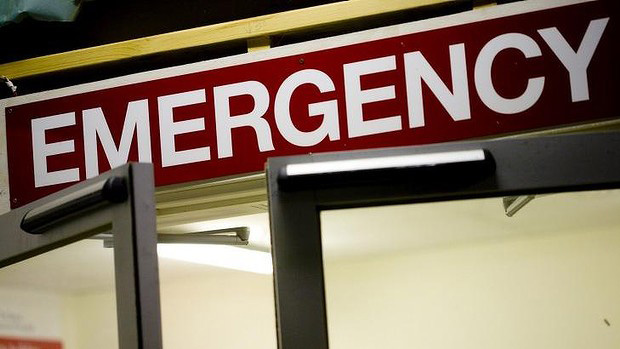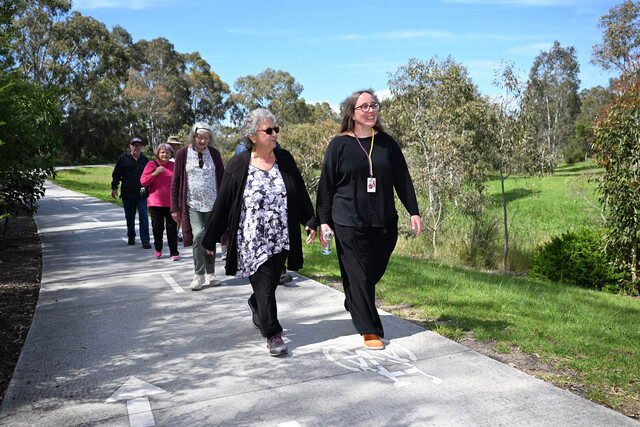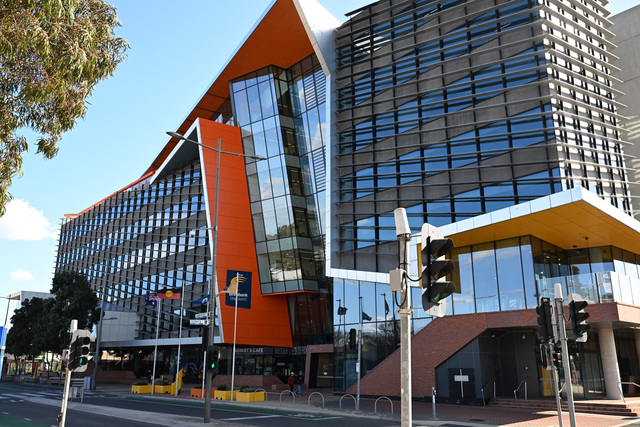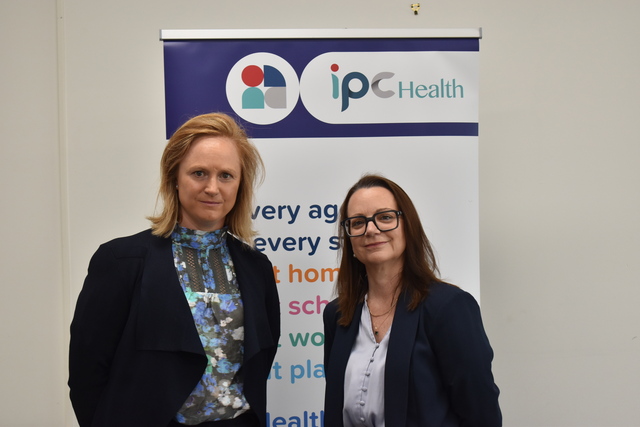Staff at the Royal Melbourne Hospital have been running drills to prepare for an Ebola case in the unlikely event the frightening disease reaches Victoria.
The hospital has isolation rooms and protective equipment ready for trained staff to treat patients suspected of carrying the fatal virus, which is rapidly spreading in West Africa.
The Age understands leading infectious disease experts at the Royal Melbourne are on standby for a case and that if the hospital receives any, specialist staff would have to enter and exit treatment areas through shower rooms and all laboratory clothing and material would be decontaminated to prevent its spread.
A spokeswoman for the hospital confirmed it had been appointed the state’s “receiving centre” in the unlikely event that a patient does present with a suspected case of Ebola.
She would not comment on the hospital’s resources and specific preparedness but said: “We have been working to ensure that relevant staff are fully trained and processes are in place to ensure the safety of staff, other patients and the community.”
No confirmed cases of Ebola have been reported in Australia but on Thursday, Queensland doctors were caring for a man who recently returned from Africa and had some symptoms of the disease.
After examining the man, Gold Coast Health’s head of infectious diseases John Gerrard said it was “exceedingly unlikely” the 27-year-old had the virus though.
“He’s been assessed in the emergency department and we now believe the chance he has Ebola virus disease is extremely small, however we are managing him in accordance with national and state protocols and everything has been implemented,” Dr Gerrard said.
Dr Gerrard said the man returned from Africa on August 28.
A spokesman for the Victorian Department of Health said it was working with health services, infectious diseases specialists and airport authorities to ensure proper systems are in place should there be a suspected case.
“There is always the possibility that a traveller returning from West Africa could be infectious and bring the disease into Australia,” he said.
“Travellers returning from affected countries in West Africa are being asked specific questions about their health on arrival and assessed if required, and provided with information about the signs and symptoms of Ebola virus disease.”
Customs and Border Protection and Department of Agriculture biosecurity officers have also been alerted to the possibility of Ebola when identifying sick passengers arriving in Australia.
– With Kim Stephens and Simon O’Brien







